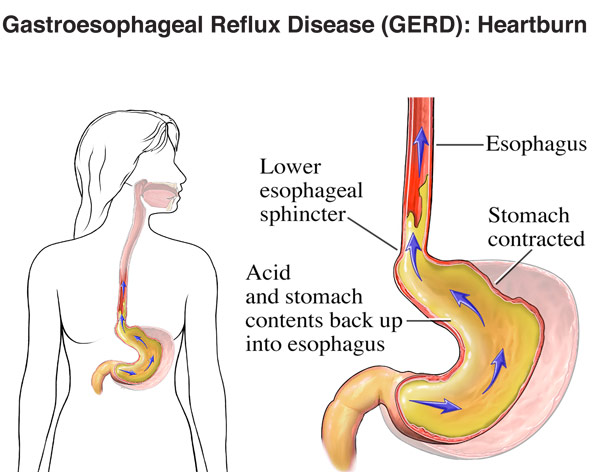What is Gastro Esophageal Reflux Disease (GERD)? Gastro-esophageal reflux disorder (GERD) occurs when an individual has reflux of stomach content that causes discomfort.
Esophagitis is the inflammation of the esophagus, which can cause the reflux of acid reflux. The reflux of acid is usually caused by a sphincter in the chest. When this sphincter becomes relaxed, it will allow stomach contents to reflux into the esophagus. Regurgitation is also a common sign of gastroesophageal reflux disorder.
Painful episodes of gastroesophagitis can also cause regurgitation. Other symptoms associated with this condition include hoarseness, dry throat, or sore throat. If left untreated, acid reflux can develop into gastroesophagitis and other conditions.
Acid reflux can damage the esophagus. It is important to identify the symptoms and consult with your doctor to determine if treatment is required.
Most people with acid reflux can tolerate antireflux medications. However, people with severe GERD may need long or intermittent medication. Long-acting drugs are prescribed for patients who do not respond to antireflux drugs.
Common medications used to treat acid reflux include antihistamines such as Claritin and Zyrtec, and prescription antacids such as Tagamet. Some of these medicines can also be combined with other medicines. Some doctors may prescribe a combination of over-the-counter drugs and prescription antacids to treat this condition. If you smoke, you should quit smoking before taking any medication.
Acid reflux can be controlled with lifestyle changes. If you do not smoke or drink alcohol, you should exercise regularly eat a healthy diet, drink water regularly, and avoid spicy foods and caffeinated drinks.

To avoid GERD, you should take a comprehensive look at your lifestyle. Do not continue to do things you know are causing you distress, especially if you have been smoking and drinking. If you do, you may need to find a better way to alleviate the symptoms.
If you do experience acid reflux, you should immediately see your doctor. A trip to the doctor's office will help identify the problem and correct it. If the condition worsens, a trip to the emergency room will be in order. You should stay away from spicy foods for the rest of your life. These foods can increase the pain and discomfort associated with acid reflux.
If you have tried prescription medications and acid reflux symptoms do not improve, a visit to the doctor's office is in order. Most doctors will prescribe a stomach-supportive pill or an esophagoscopic device that can open the upper part of the esophagus to allow a solution to be introduced into the stomach. If the esophagus does not fit through the small opening, surgery may be recommended. Although these procedures do not eliminate all of your symptoms, they can be effective in many cases.
Treatments for acid reflux disease do not have to be expensive. They are affordable for most patients and can be done in the comfort of one's own home.
A simple change in your diet can help reduce the symptoms associated with acid reflux disease. Foods that cause inflammation and difficulty swallowing should be limited to minimize discomfort.
Eating more fiber and liquids can improve acid reflux disease. If you have high amounts of acid reflux, you may need to take an herbal supplement. To reduce acid reflux, you may also want to avoid foods that contain a lot of fat, which will prevent the formation of stomach acids.
If you are having problems sleeping, try getting a good nights sleep and sleeping on your side. Avoid sitting and lying on your back. You should always be in control of what you eat. Taking some simple lifestyle changes will help you deal with the discomfort caused by acid reflux disease.

